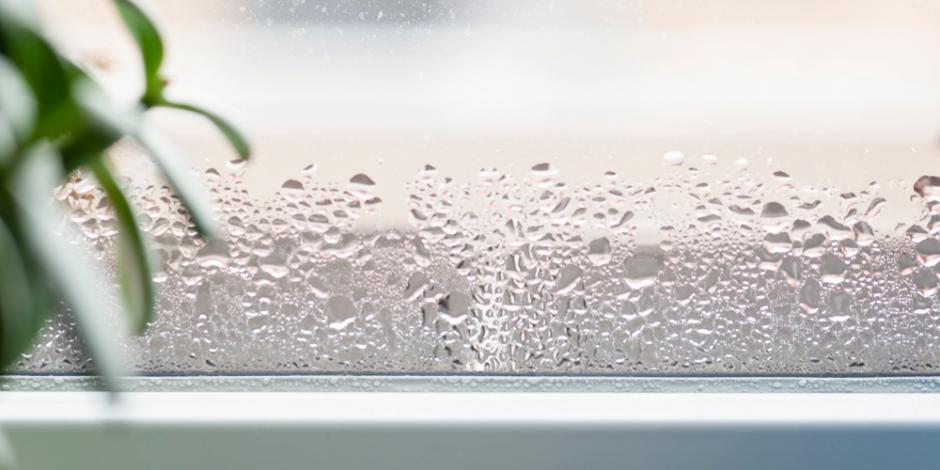Want to save with Paschal? Don’t miss our current offers and specials

Want to save with Paschal? Don’t miss our current offers and specials
Return to Paschal Resource & Education Hub

With an average relative humidity level of 71%, Arkansas ranks in the top 15 most humid states in the country. Humidity in the air generally makes the outside temperature feel hotter than it is, and adds to that “sticky, suffocating” feeling you get when walking outside in the middle of July. When the humidity is too high, it can actually prevent your body from cooling off through sweating, only adding to the heat you experience. Do you have a problem with excessively humid conditions in your northwest Arkansas home? High humidity can increase the workload of your air conditioner, and you might find that operating your A/C is no longer enough to create a comfortable indoor environment. Here’s what you need to know about excessively humid conditions and your air conditioner:
Humidity refers to the evaporated moisture in the air. If you’re trying to determine whether your air conditioner is cooling properly, you should consider the amount of humidity inside your home. Your air conditioner’s indoor evaporator coil removes some of this moisture as warm, muggy air blows across the refrigerant-filled coil. However, on a very humid day, your air conditioner may spend too much energy removing moisture air from the air, and will be unable to effectively cool down your household. This explains why an air conditioner may not seem to be working well on a hot, humid day, despite seeming to operate normally in other respects. With so much energy being utilized to reduce the moisture in the air, it simply isn’t as effective at doing its main job: cooling your indoor environment.
You should always try to follow these tips for you to get the most out of your air conditioner during hot and humid conditions:
Excess moisture in your home creates the perfect conditions for mold growth, allergens, musty odors, and mildew which can lead to unhealthy air. Whole home dehumidifiers remove the right amount of moisture from every room in your home, until your optimal humidity level has been reached.
The air is filtered and cooled, and this process converts the humidity into condensation. As the condensation accumulates, it’s stored in a tank that must be emptied, or drained through a water line that connects to your sump pump.
You may be tempted to use your HVAC system to do the work of a dehumidifier. Some HVAC systems even offer these as add-on options. But we don’t recommend this as a practical solution. Your HVAC unit’s primary function is not to remove humidity; using it to do so is going to cause it to work harder (and differently) than it was intended to do. It’s far less expensive to buy a dehumidifier than it is to repair or replace an HVAC that gets overworked and fails.
Our whole-house dehumidifiers can also help make your home more comfortable and energy-efficient while protecting your home’s assets.
Currently, Paschal only installs whole home dehumidifiers in homes with basements or crawlspaces. If you do not have a basement or crawlspace, then you should look into obtaining single room, portable dehumidifiers.